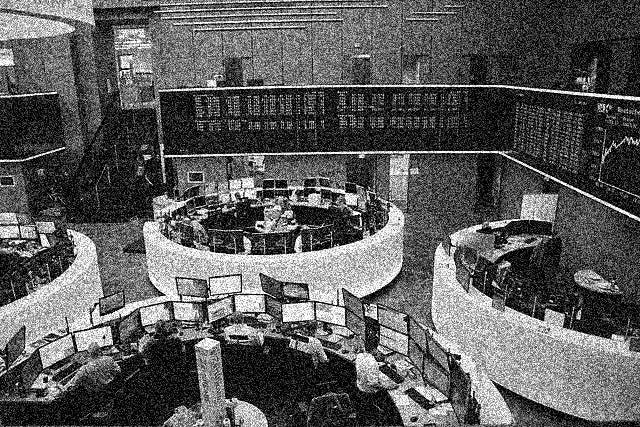Money on the Mind
You must be informed, engaged, and fully immersed. You cannot squint. You must look and keep looking.
ATMs give you a choice: Would you like to see your balance? Yes or no. It’s a practical question, one that might inform how much you withdraw, or if you withdraw, or how, in the future, you might behave with the knowledge that a certain sum remains in your bank account.
But what if you don’t want to know? What if those numbers flashing on the bulky compu…




